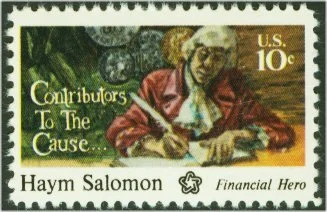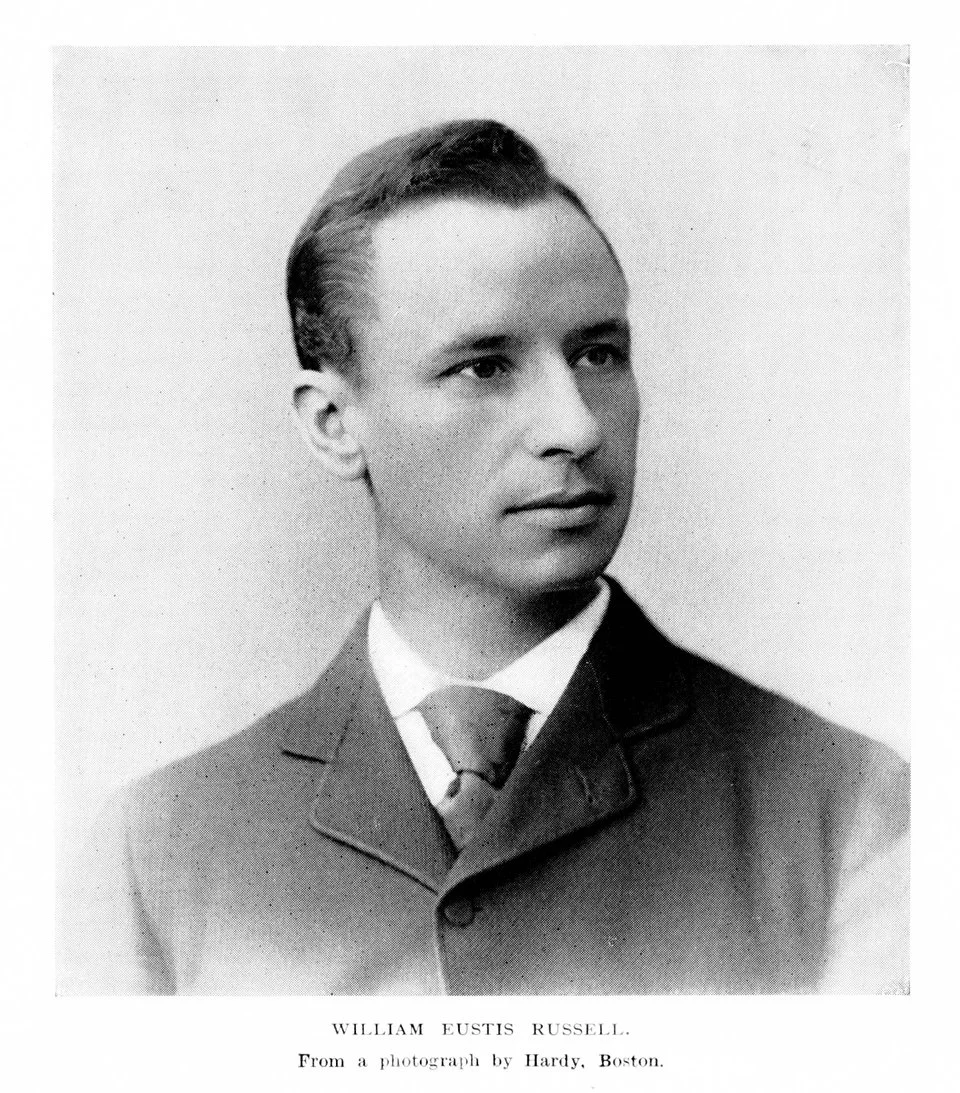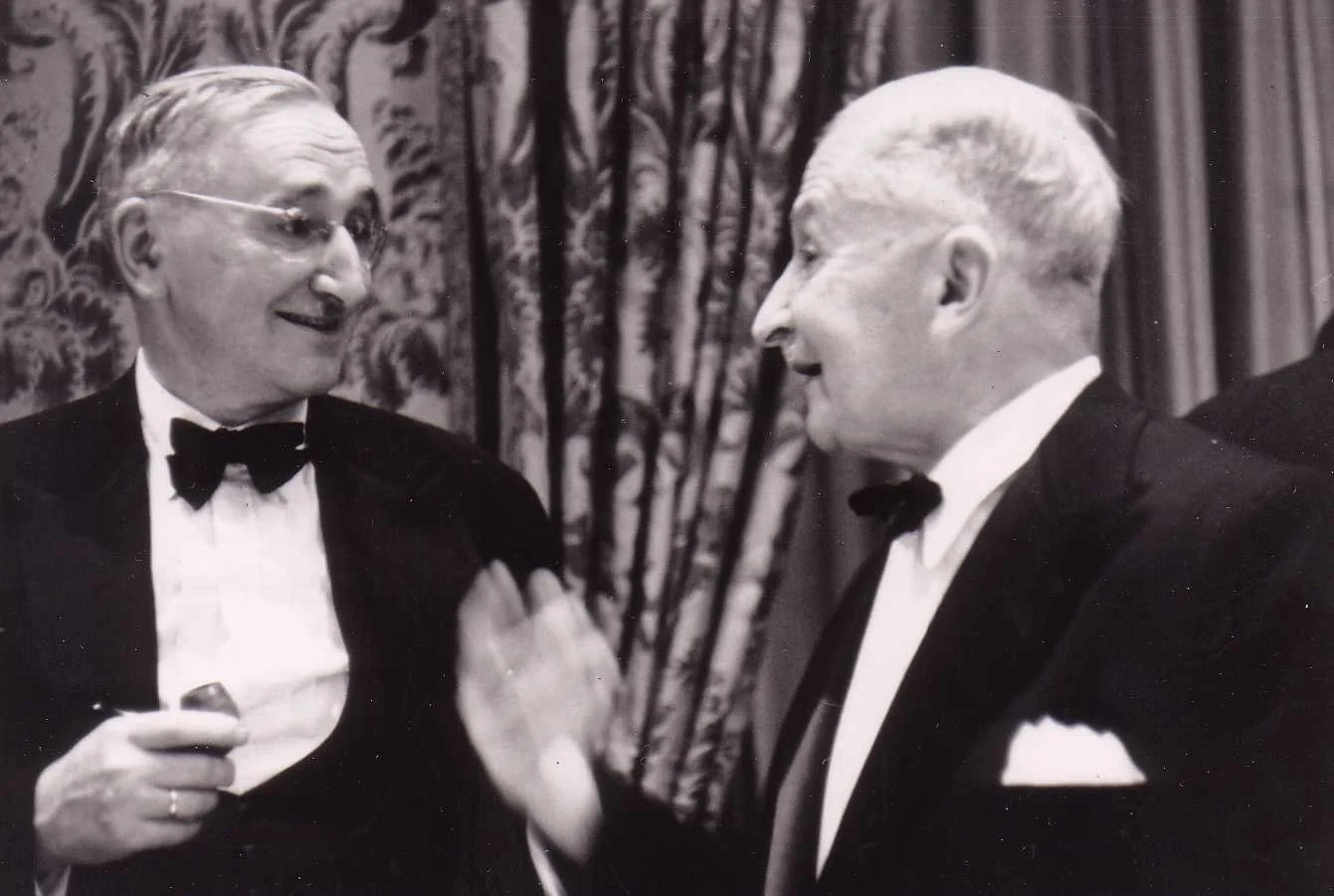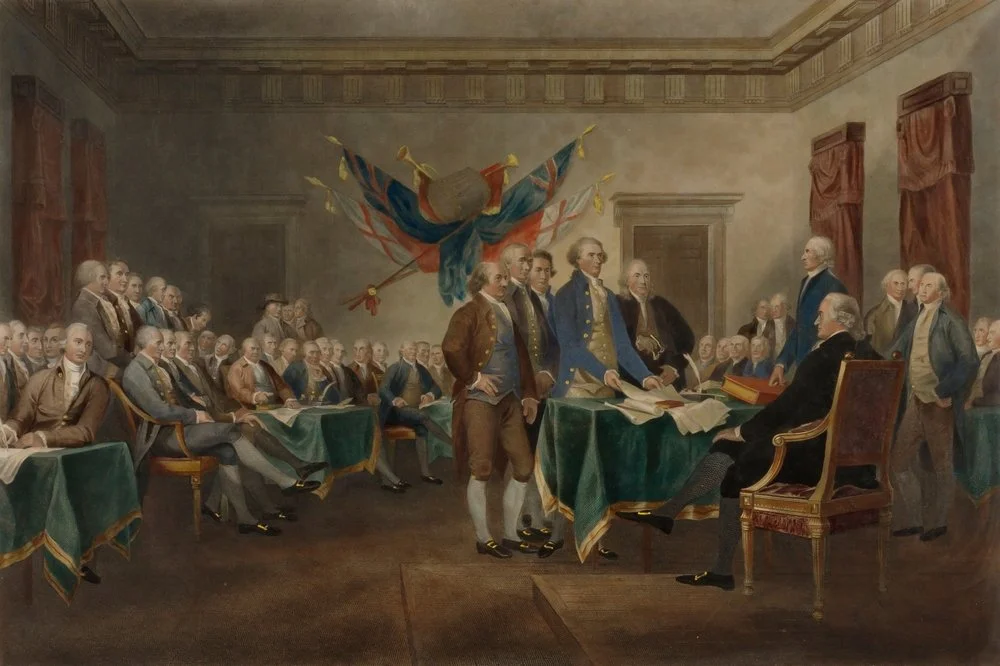The U.S. never threatened or bullied Denmark before it peacefully purchased the Danish West Indies more than a century ago.
Read MoreHe Gave It All for America
Arrested and incarcerated twice by the British for espionage, this Polish immigrant gave all he had to the American cause.
Read MoreThomas Paine and the American Spirit
On the 250th anniversary of the appearance of Common Sense, I decided to give it a long overdue re-examination. I wanted to see if it would “electrify” me as it did so many people so long ago. It did.
Read MoreHappy 90th Birthday to the Man from Perth →
January 8 is a very important day in the illustrious life of Australia’s preeminent champion of freedom and free markets.
Read MoreHe Could Have Been President
He was a man of integrity whose political and economic positions often flowed naturally from that very fact.
Read MoreThe Caracas Conundrum
What happens now runs a huge risk of turning a great moment for freedom into an indefensible quagmire.
Read MoreThe Most Idiotic Things Ever Uttered by Socialists About the Collectivism They Impose
Zohran Mamdani’s “warmth of collectivism” remark may prove to be the most idiotic of the year, but socialists say dumb stuff like that all the time.
Read MoreHonest When No One is Looking
Does this story tug at your heartstrings? If it does, then you appreciate something the world desperately needs, something that is crucial to a free and moral society—honesty for the sake of it. Photo: Dr. Haing S. Ngor.
Read MoreForeword to "Chasing Value" by Simon Studer
From income inequality to jobs to politics to personal independence, Simon Studer shows how value—subjective, personal value, the only kind there is—makes the world go round. Most readers of this book will never see the world the same way again. And that, you will learn, is a very good thing. A wonderful contribution in the Austrian School tradition.
Read MoreBooks for Winter Evenings
Thomas Jefferson once said, “I cannot live without books.” Indeed, he owned about 6,000 of them, which he sold to Congress in 1815.
Read MoreA Montana Moment to Remember →
A testament to a friendship that hopefully will endure forever.
Read MoreThe Good Counsel of Mrs. Marx
The pigeons in the picture got it right. Marx was a detestable fraud and he should have listened to his mother.
Read MoreAmericans Who Separated Church and State
Matters of belief and conscience should belong exclusively to the individual and his Maker, not legislators and potentates.
Read MoreA Hero Americans Must Never Forget
He was arrested and interrogated by the highest-ranking officer in the British Army, General William Howe, who got utterly nothing out of him but name, rank and an honest account of his purpose. For their patriotism, his last words remain unsurpassed. Spanish version here: https://informeorwell.com/opinion/un-heroe-que-los-estadounidenses-jamas-deben-olvidar-nathan-hale/.
Read MoreThe Constitution of Liberty: Hayek's Lessons for Today and Tomorrow →
Hayek firmly rejected the modern leftist obsession with “social justice.” Redistribution schemes based on outcome-focused equality ignore the process by which outcomes arise. Inequality, per se, is not a problem. The focus should not be on the outcome, but on the process. Photo: Hayek (left) and Mises (right).
Read MoreGrateful Thanks to the Founding Generation
I wish I could go back in a time machine to that emotional moment at Fraunces Tavern on December 4, 1783.
Read MoreSocialists Blame Capitalism for Everything, Especially When a Disaster is the Fault of Socialism →
The idea that politicians are supposed to provide solutions to problems is usually stupid, because politicians are not magicians. They can't do things any better than people who actually create wealth. They don't create wealth, they just redistribute it. We shouldn't think of the state as a very generous uncle who only thinks about us. A very good English translation of an interview with Kristina Votrubova in the publication Postroj. Conducted November 27, 2025.
Read MoreDumb Ideas that Threaten Freedom and Prosperity →
Don’t ignore the long-run. Government is not Superman. The balance of trade is nonsense. Jesus was no socialist. And more! This is a video recording of my speech for the Conservative Institute of M. R. Stefanik in Bratislava, Slovakia, on November 27, 2025.
Read MoreThe Power of the Free Market →
We should be in awe of the endless miracles that come our way from the marketplace of invention, innovation, and exchange. A podcast interview from the Cato Institute’s Libertarianism.org, October 2025.
Read MoreMontana's First Non-Indigenous Settlement
The St. Mary’s Mission and Museum in Stevensville is well worth your time when you’re in western Montana.
Read More



















